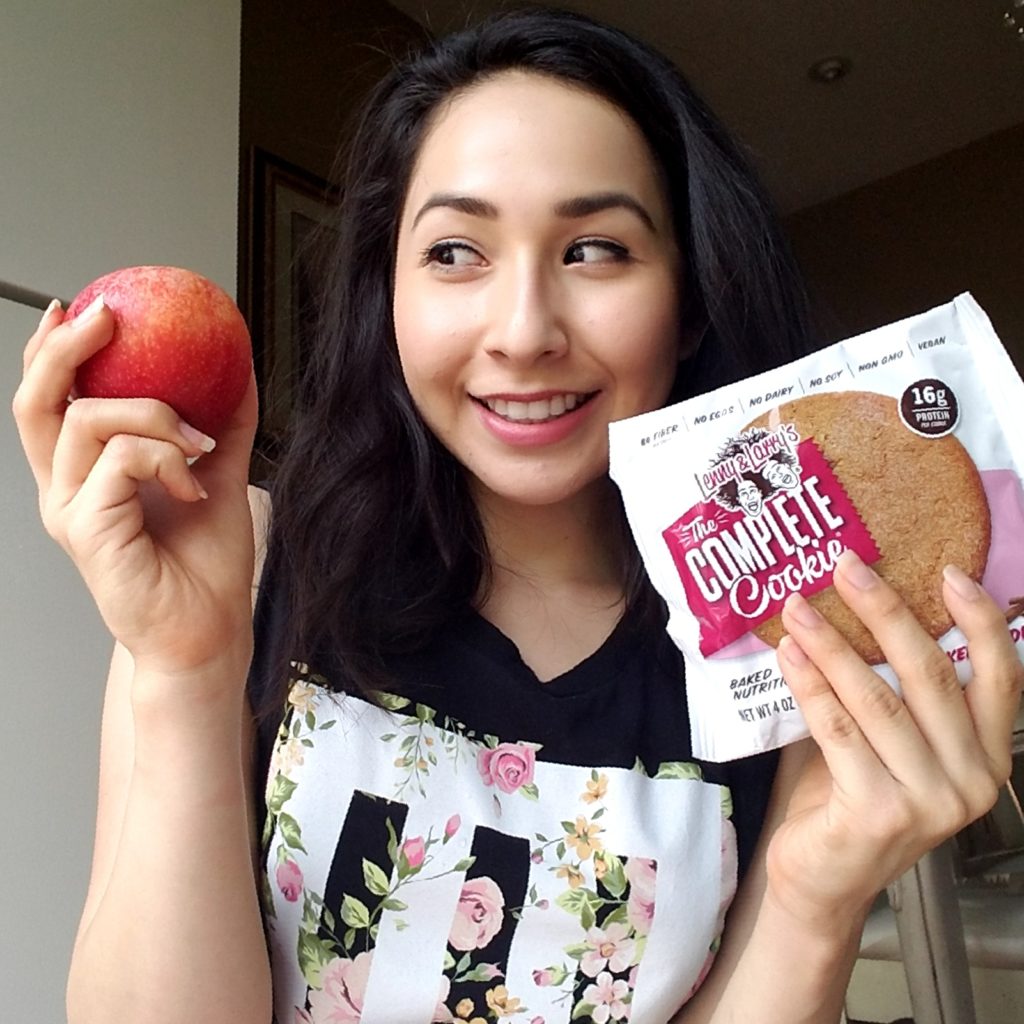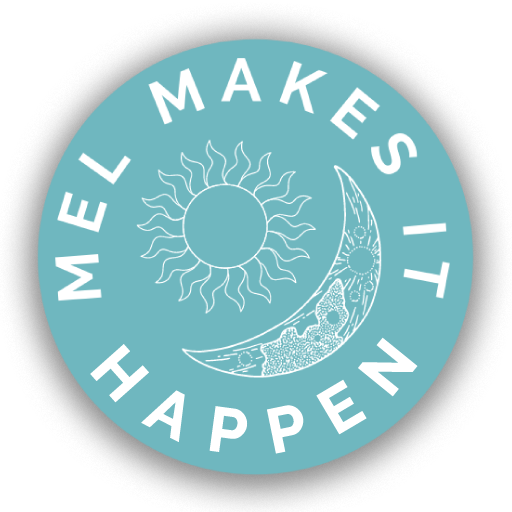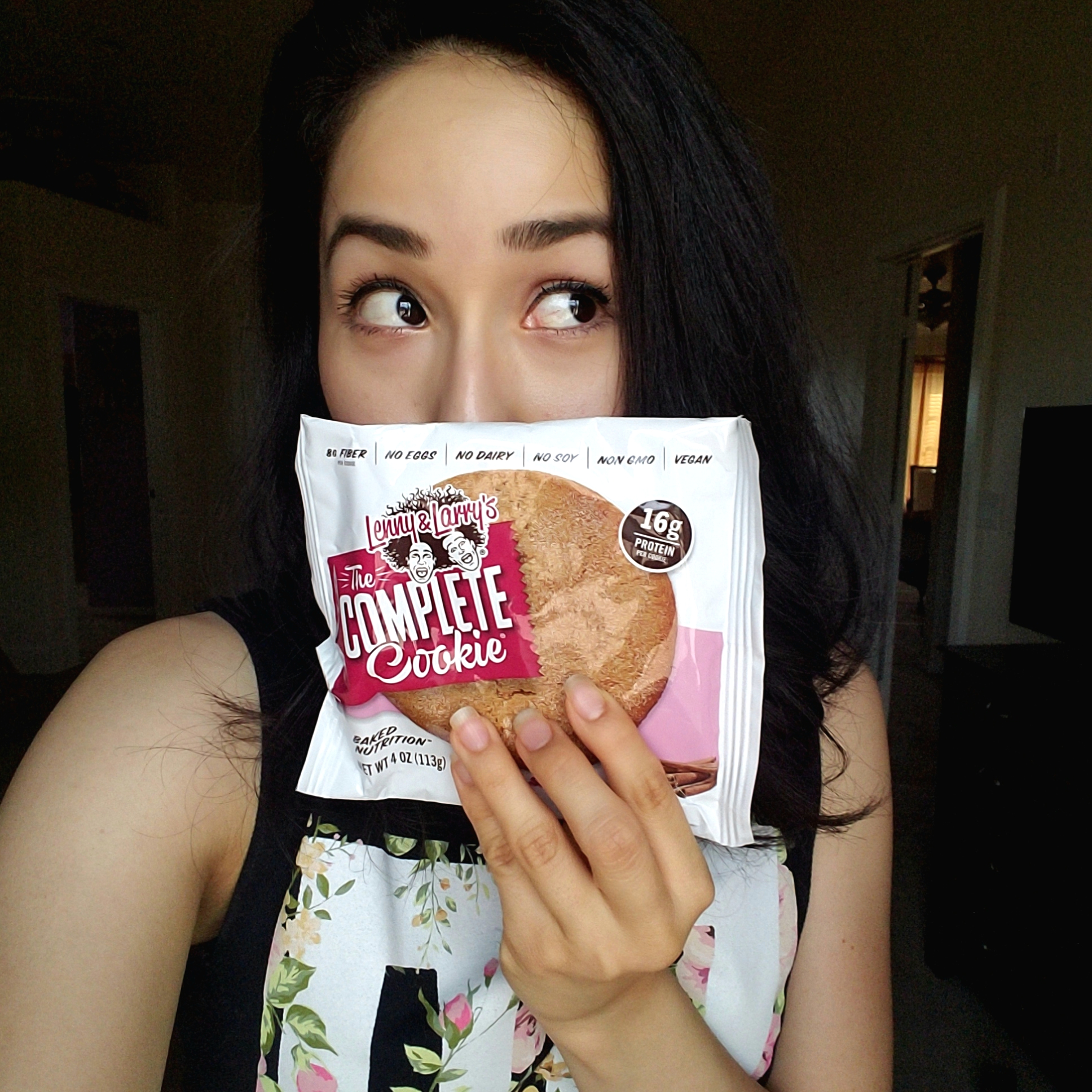I’m not talking about your boyfriend or girlfriend. That form of sugar can stay 😉 Bad pun?
Right now, I am concerned about the sugar added to food. A few months back, I was startled to realize how much sugar I had on a daily basis. It doesn’t even have to be obvious culprits like candy or ice cream. There is sugar in other places, too. It requires some investigation and lots of label-reading but, once we have the knowledge of where to spot sugar, we can work to reduce our sugar intake.
Let’s start with the basics: any sugar that does not naturally occur in food is considered added sugar. The same goes for artificial sweeteners. Real or fake added sugars are most common in processed food. Processed food is anything pre-made like: store-bought granola, cereals, canned tomato sauce or marinara, portioned fruit cups, applesauce, and snack bars. As well, “sugar-free” snacks, gums, coffee creamers, or other products are often laden with artificial sweeteners (AKA fake sugar) that we want to stay away from. Occasional added sugar isn’t bad but the tricky part is determining how often you have that added sugar. You may likely have added sugar in each meal or snack throughout your day. See some common names for sneaky sugar here.
So, we’ve established there are lots of places sugar can sneak into our food. Perhaps, now you just wonder what the big deal is. Why should we reduce sugar intake? Well, a diet high in added sugars can contribute to:
Cardiovascular Disease
Hormone imbalance (this is a big reason why I started cycle-syncing!)
Weight gain
Dental cavities and diseases
Blood sugar imbalance that contributes to rapid energy surges and crashes, including inconsistent energy levels
Cognitive issues related to memory, stress, and moods
Of course, this list is a slimmed down version of sugar’s detrimental effects. Please, do some research. There is lots of information about sugar coming out every day. Find your why and that will help you feel more inclined to stick to a goal to reduce sugar.
Also, I want to address the reason we may add sugar to our food in the first place. In my experience, we add sugar to make food: a) sweeter and b) taste better. Consequently, everyone’s tastebuds prefers a different level or sweetness. Nonetheless, we can all train ourselves to be satisfied with less sweet foods. Personally, my favorite way to do this is through a sugar detox.
I strongly encourage everyone to try challenging themselves with a week of no-added sugars. The “cold turkey” sugar omission allowed me to pinpoint times in my day when I craved food with sugar. If I decided to only cut out some added sugar sources, I would still sugar ingest sugar in other places. The goal is to clear your body of all added sugar and its effects. The week challenge allowed me to feel stable and energized at 100% added sugar free. From there, I could better recognize my sugar tolerance and sensitivities. I highly recommend checking out the Sugar Swap guidebook put together by my pals Dana and Mary Ellen from Eats2Know and MilkandHoneyNutrition. They hosted the sugar-free challenges that I did this year in and their guidebook can help you out if you want some additional guidance.
Again, you only need to omit added sources of sugar. You will be happy to hear fruit is not off-limits. I enjoyed fruit every day during the challenges but kept it in moderation so that I was not overcompensating for the lack of added sugar. Remember: we want to limit sugar in its granulated or liquid forms. In addition, let us stay away from artificial sweeteners like Splenda, Sweet N’ Low, and Equal—they are not good for our health. They only disguise and exacerbate our cravings. Instead, consider your savory options out there, too! I bet many of the meals you already eat (or beverages) can be made without added sugar.
Still, if you’d like some tips and recipe ideas, check out Dana and Mary Ellen’s Sugar Swap guidebook found here . I’ll be back with some ideas for how I ditch added sugar in the next post.


